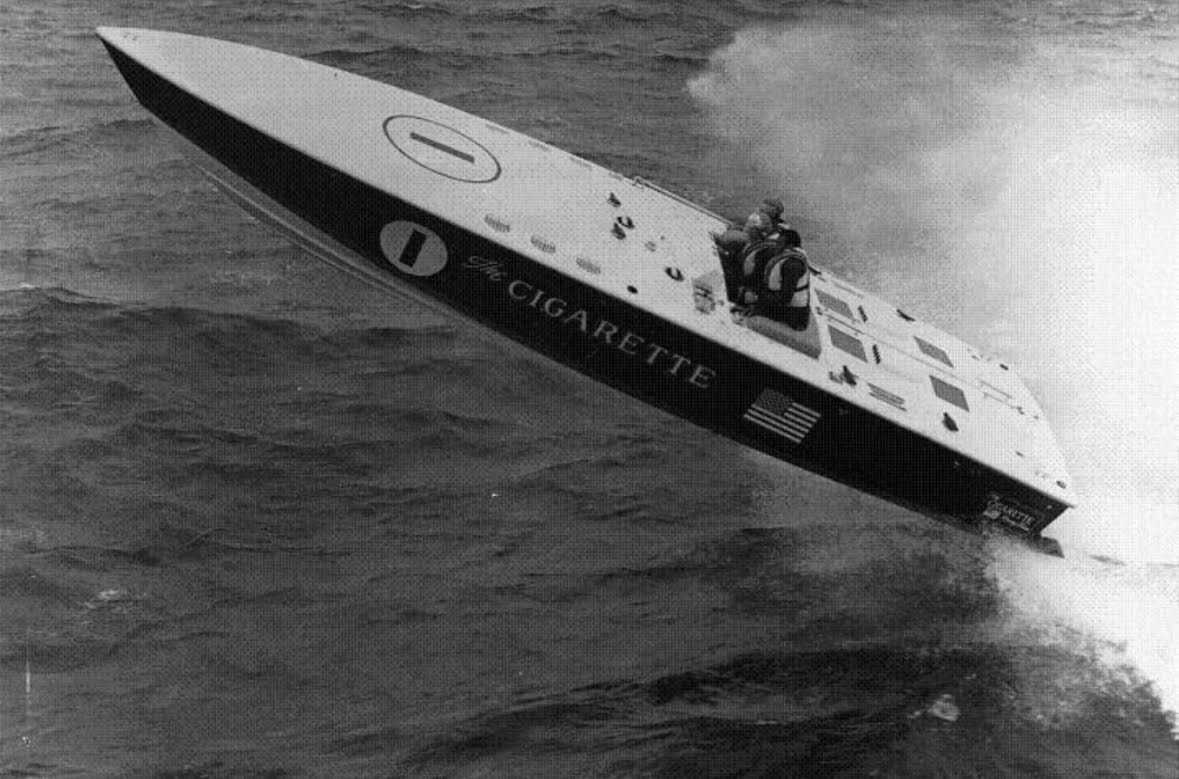A friend of mine runs a highly successful service business. Except he doesn’t call it a “business” because he refuses to take himself that seriously.
He solves logistical problems for large retail organizations using his rolodex, operational mindset and pleasant demeanor.
Lives in a top tier city with a weekend home in the woods. Collects vintage BMWs and Ferraris, has free time and a loving family.
(He’s a private guy, so I’ll just nickname him Billy.)
I asked Billy what led him to this enviable position. “18 years ago I was at a dinner party and overheard someone talking about a unique sort of problem. I spoke up and said ‘I can help with that.’”
The twist in that story: Billy didn’t actually have the knowledge and skills to “help with that”. At least not yet. In fact, if you asked him what his single most valuable skill is… he wouldn’t be able to tell you.
Because he doesn’t have a specialized, trained, or book-learned skill. He has something more valuable.
Billy is known amongst our other mutual friends as adaptable, organized, and “the nicest, sweetest man you’ll ever meet.”
He cares about everyone around him, and loves solving problems for others. In a world where “people pleasing” has been labeled a weakness, he’s made it his superpower.
Instead of learning a skill and then waiting for an opportunity aligned with that skill, Billy flipped it.
He found an opportunity, bagged it, then quickly obtained the knowledge needed to deliver.
That’s great advice for a small business owner, you might say. But what about us Creative Directors and VPs of Merchandising?
Same advice actually.
The workplace consists of rule followers and facilitators. Rule followers are cool (and necessary), but facilitators are quickly identified and shoved into leadership positions.
So here’s your weekly reminder:
Identify complex problems, orchestrate elegant solutions, go beyond what's expected, and be nice.
In a world of professional rule-followers, be a capable facilitator.










